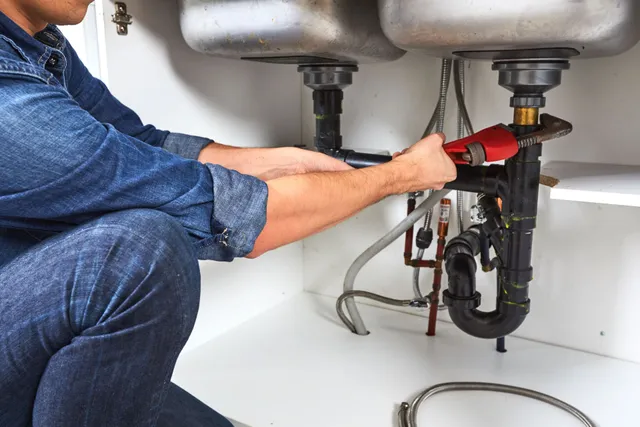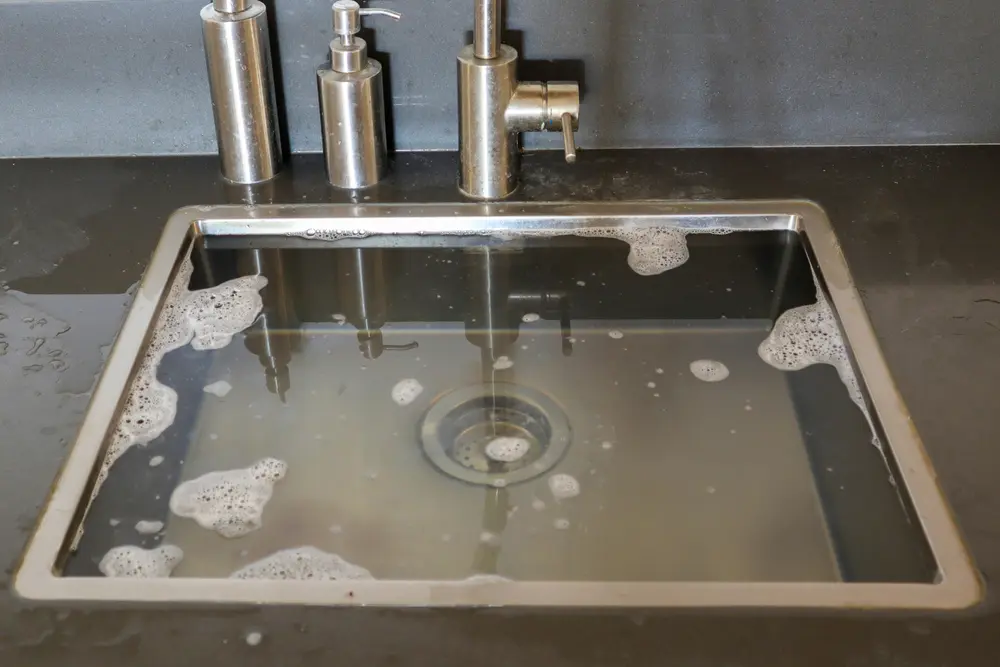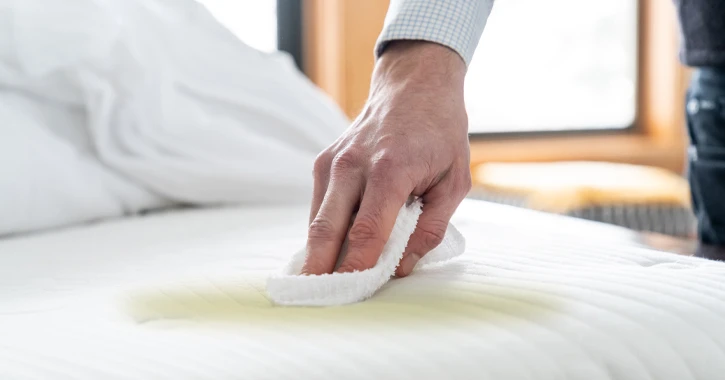PSA: How Dishwasher Pods Might Be Ruining Your Plumbing and What to Do About It
Introduction
Dishwasher pods are a convenient way to clean your dishes, but they may come with hidden risks for your plumbing. Recently, I experienced a costly and frustrating plumbing issue that turned out to be linked to the dishwasher pods we were using. If you’ve been using dishwasher pods with powder-packed detergent, this post is for you. Let’s dive into what happened, why it’s a problem, and how you can avoid a similar disaster.

The Hidden Problem with Powdered Dishwasher Pods
The Issue Unveiled
Over the weekend, our kitchen sink backed up, and despite trying all the DIY methods available, the problem persisted. A call to the plumber revealed that the real culprit was our dishwasher pods. The powder in these pods, when activated with water, can break down but also sometimes congeal into a thick, concrete-like substance inside the pipes. This gumming up of the pipes creates a serious blockage, leading to drainage problems and costly repairs.
How It Happens
When the powder from dishwasher pods interacts with water in the dishwasher, it starts to dissolve. However, in some cases, especially if the powder doesn’t fully dissolve or if there’s an excessive buildup, it can cling to the inside of the pipes. Over time, this buildup hardens and creates a barrier that restricts water flow, eventually leading to significant blockages.

Expert Advice: Switching to Liquid Detergents
Recommendations from the Plumber
The plumber who resolved our issue recommended switching from powdered dishwasher pods to liquid dishwasher detergent or liquid pods. Liquid detergents are less likely to create solid buildups in the pipes since they dissolve more completely and easily in water. This change can prevent the formation of hardened residue and help maintain your plumbing system’s health.
Why Liquid Detergent is Better
- Complete Dissolution: Liquid detergents dissolve completely in water, reducing the risk of residue buildup.
- Reduced Blockage Risk: Without solid particles, there’s less chance of clogging pipes over time.
- Easier Maintenance: Liquid options are generally easier on your plumbing, potentially saving you from future plumbing issues and repair costs.
How to Prevent Plumbing Issues with Dishwasher Pods
Maintain Your Plumbing
Regular maintenance can help prevent blockages. Here are a few tips:
- Avoid Overloading: Don’t overload your dishwasher, as this can cause uneven distribution of detergent and increase residue buildup.
- Clean Filters: Regularly clean the dishwasher filters to ensure proper functioning and minimize residue.
- Flush Pipes: Occasionally flush your pipes with hot water to help dissolve any potential buildup and keep them clear.
Consider Alternatives
If you prefer using dishwasher pods, look for those specifically designed to be less likely to cause residue buildup or choose those with a liquid formulation. Always follow the manufacturer’s recommendations for your dishwasher model.
Conclusion
Our recent plumbing issue was a painful reminder of the hidden risks associated with using powdered dishwasher pods. By switching to liquid dishwasher detergent or liquid pods, you can help protect your plumbing system and avoid costly repairs. Hopefully, this information helps you prevent similar problems and keeps your kitchen running smoothly.
Have you experienced any plumbing issues related to dishwasher detergents or have tips for maintaining your kitchen appliances? Share your experiences and advice in the comments below! If you found this post helpful, subscribe for more practical home maintenance tips and advice.






